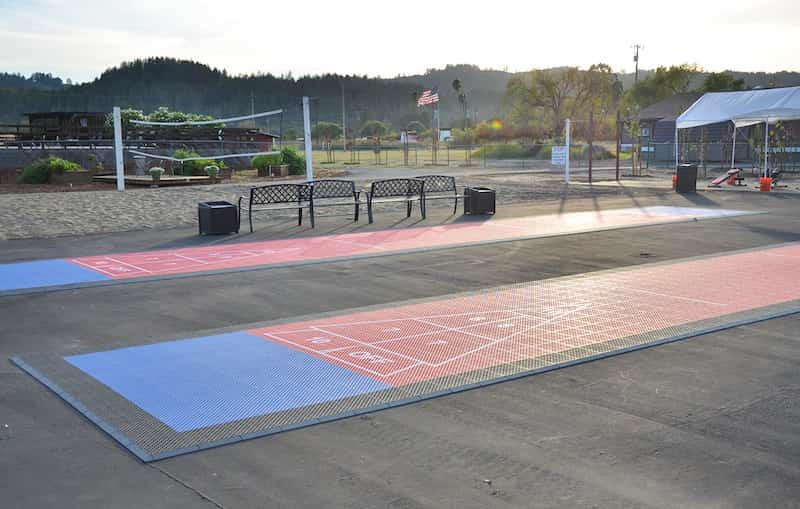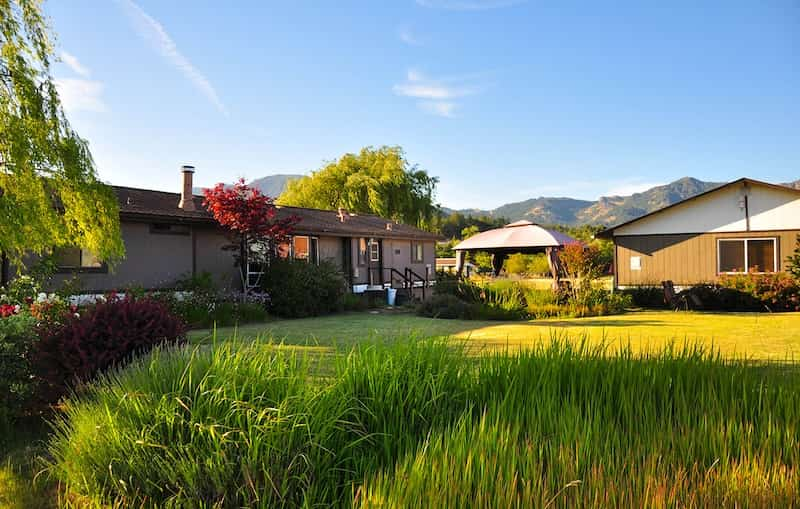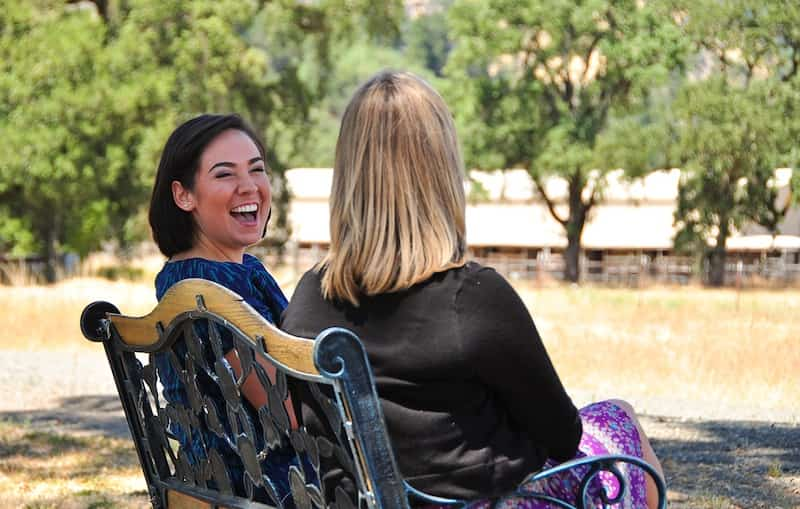What not to say to an alcoholic
- Don’t be negative or insulting.
- Don’t try to use shame or guilt to try to get someone to stop drinking.
- Don’t make accusations or threats.
Alcoholism isn’t evidence of a character flaw or poor discipline. It is a disease. Your loved one doesn’t need your anger; he or she needs professional treatment.
What's the difference between an alcoholic and a drunk?
- “Alcoholic” is commonly used to describe a person who has a disease that is known clinically as alcohol use disorder.
- “Drunk” is a negative, judgmental term that is often directed at people who have a problem with alcohol.
It’s best to avoid both of these words. Don’t define people by the disorders that they may be struggling with.
Are there faith-based alcohol rehabs in California?
Yes, people in California who wish to receive treatment for alcohol addiction in a manner that reflects their religious faith have many options. Some rehabs offer faith-based groups or treatment tracks, while others make faith the main focus of their programming.
What percent of alcoholics are cured?
Alcohol use disorder, or alcoholism, is a disease whose symptoms can be managed, but this disorder cannot be cured. Effective treatment teaches people how to resist the urge to abuse alcohol and to make healthy lifestyle changes that empower them to remain in recovery.
What are the 12 steps for alcoholism?
- The 12-Step Recovery Model is a guide for achieving and maintaining a healthy life, free from dependence upon alcohol.
- The 12 Steps also help people to address the harm that alcohol abuse has caused in their lives and in the lives of others.
- Alcoholics Anonymous, Narcotics Anonymous, and many other support organizations use versions of the 12 Steps to help people remain in recovery and live healthier lives.
How does alcohol addiction affect families?
- All family members may make unhealthy behavior changes in response to their loved one’s disease.
- If a parent struggles with addiction, the family may experience financial difficulties.
- The relationship between spouses or romantic partners may deteriorate.
- Children may have behavior problems, have trouble in school, or struggle with a mental or behavioral health disorder.
Professional treatment helps family members to heal both individually and as a cohesive group.






















